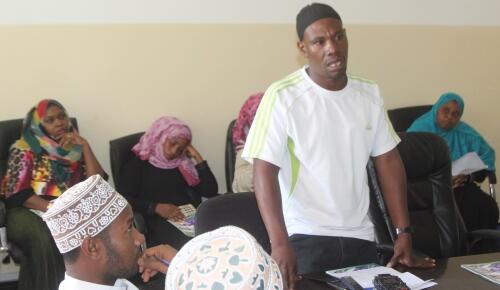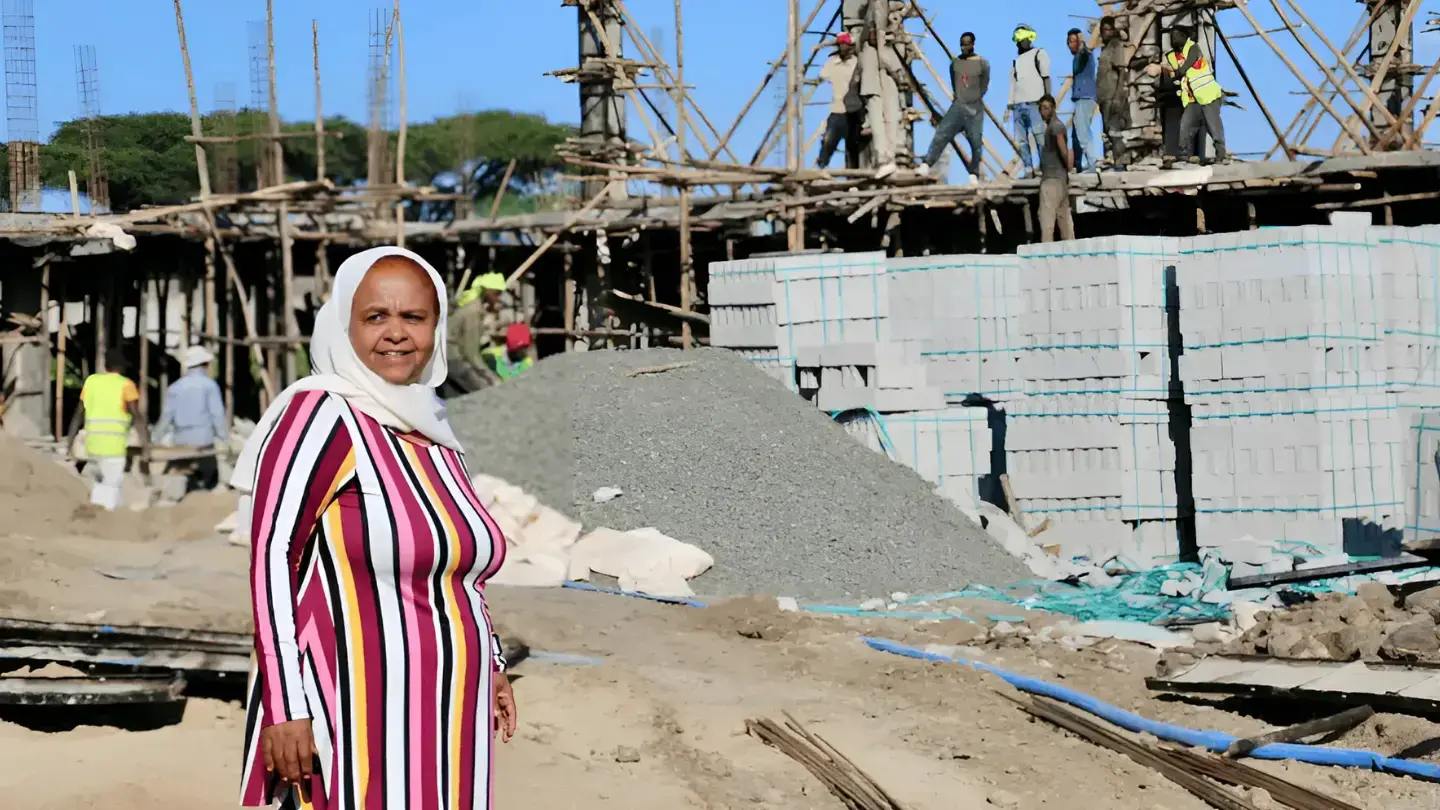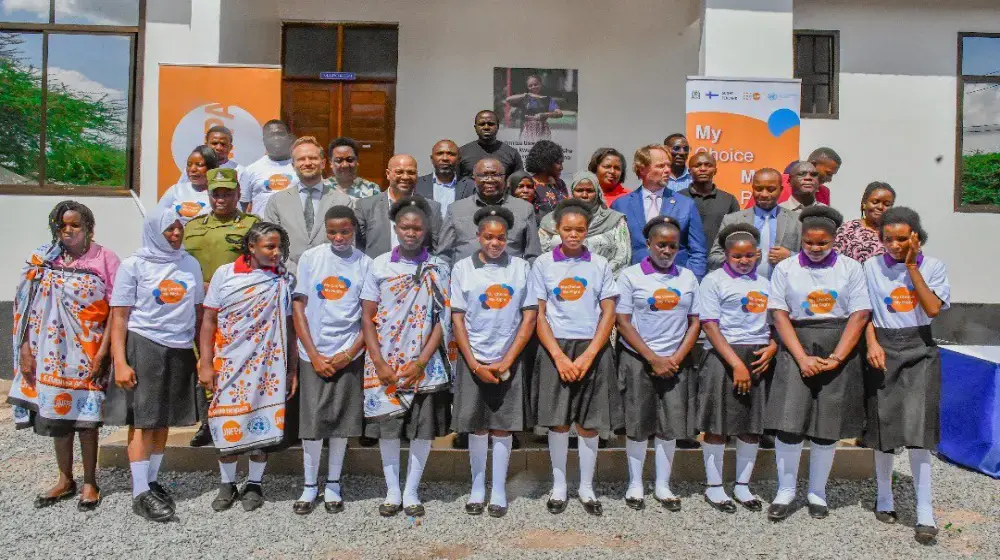ZANZIBAR, Tanzania — About two years ago, Zamzam (not her real name) fell pregnant. She was only 16 years old. Zamzam was one of around 20,000 girls in developing countries who give birth each day before their eighteenth birthday.
She joins Tanzania’s ‘child mothers’ – the two-in-five girls who are married before the age of 18 years. She also became one of 23 per cent of girls of the same age who are pregnant or already have children.
Zamzam’s father, Haji, a resident of Bumbwisudi in the central district of Unguja, reported his daughter’s case at Mwera Police Station as a first step towards seeking justice. The case was delayed and he was later told that it could not be taken further as DNA evidence was needed to substantiate an allegation against the alleged perpetrator – a 40-year-old fisherman from a nearby village.
Haji was asked by the police to wait until his daughter had given birth so that a DNA sample from the baby could be collected for testing. It is only then the case can be taken to court, the police said.
Fortunately, Zamzam gave birth to a healthy girl. When Haji narrated the story of his daughter’s ordeal, the baby was almost 17 months old. Sadly, the case is still pending with the police and the alleged perpetrator remains a free man.
Haji is presumably aware that by becoming a child mother, his daughter’s future – in terms of health, education and employment – is jeopardized. Until he attended a gender-based violence (GBV) right holders tribunal in Zanzibar, he was unaware of how to push his daughter’s case in search of justice.
The Tanzania Media Women’s Association (TAMWA), with UNFPA’s support, organized and conducted the open court as a part of 16 Days of Activism Against GBV. The first ever forum of its kind to be held in Zanzibar, it brought together high level officials from the Department of Public Prosecution, Kadhi Court, magistrates, Sheha, Police, Police Gender and Children;s Desk, GBV One Stop Centre service providers, GBV victims/relatives and journalists. The aim was to seek a workable solution to problems that hamper success in the war against GBV, as well as those that delay and deny justice.
According to TAMWA, the case of Haji’s daughter is just one among 228 early pregnancy cases reported in Central, South and Chake Chake Districts for the period of a year. During the forum, Haji was one of four relatives of GBV survivors who got a chance to share their testimonies on how the GBV problem, as well as delays in and denial of justice, has impacted negatively on the lives of their beloved ones.
The problem of pending GBV cases is not uncommon in Zanzibar. According to a survey conducted by the Zanzibar Female Lawyers Association (ZAFELA), among 30 cases reported in Mwera and Mfenesini district courts in the period of one year (2013), only one third had reached the stage of conclusion. Seven perpetrators were convicted, three were set free and 20 cases are still pending. The high number of unresolved GBV cases was cause for concern for activists, survivors and their relatives during the tribunal.
TAMWA’s Zanzibar Coordinator, Mzuri Issa Ali, commended various efforts taken by international agencies, including UNFPA, local NGOs and activists, to intensify the fight against GBV in Zanzibar and Tanzania. She said the presence of many obstacles in the justice process hampers success in the fight against GBV in Zanzibar. Most survivors were disappointed with the lengthy process and decided not to report or opt to finalize the matter informally, she added.
Jamila Mohamoud, ZAFELA secretary general, said that while the forum did not manage to provide an answer to every problem that hampers success in the war against GBV, but it had given survivors and their relatives hope regarding alternatives for GBV survivors seeking justice.
In hearing of Zamzam’s case, Police Gender and Children’s Desk Officer at Mwera police station, Shaaban Mussa, asked Haji to report it to him and promised to provide due support. This left Haji optimistic that with more such tribunals on the isles, perhaps one day all outstanding GBV cases would be resolved and gender equality would be realized.
~ Ali Hamad





